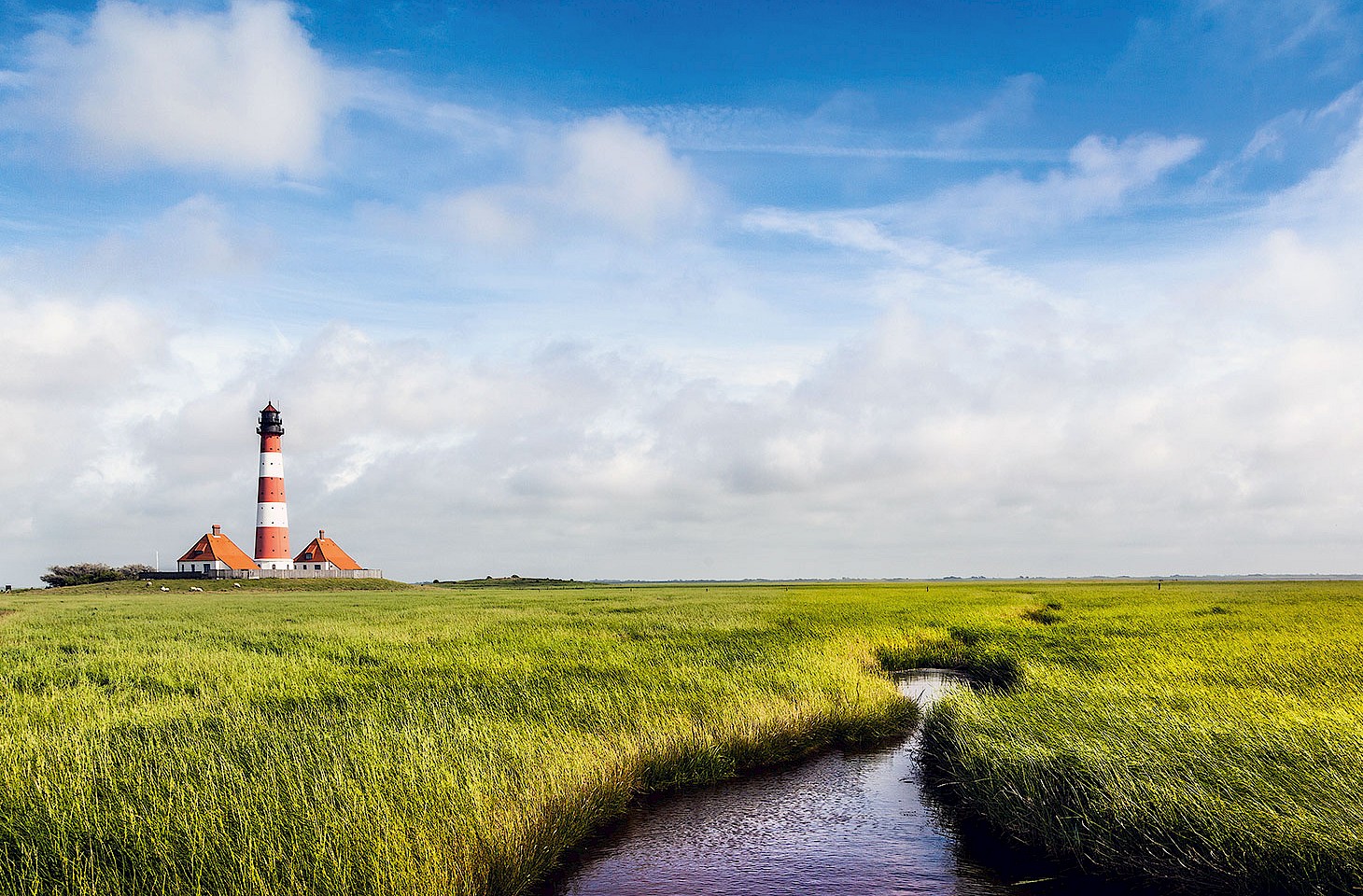As one walks across the water meadows towards Friedrichstadt, there is a real sense of approaching somewhere special. Between the willows and poplars, the township stands clear and proud close to the point where the River Treene joins the Eider.
This year marks the 400th anniversary of the granting of special privileges to Mennonites who moved to Friedrichstadt. The Mennonites who migrated to Friedrichstadt came originally from the Netherlands, in many cases directly but some had moved earlier from Holland to Jutland, settling first in Eiderstedt where there had been an Anabaptist community since the mid-16th century and then, upon the announcement of the 1623 dispensations, moving on to Friedrichstadt. The Mennonites joined an earlier group of Dutch religious refugees who had settled in the town that’s today in the German State of Schleswig-Holstein.
In 1621, a large number of Dutch Remonstrants had moved to this area of Holstein where they were granted permission by Duke Friedrich III to build a new settlement by the Eider. These new arrivals, keen to leave the Netherlands to escape Calvinist teachings on predestination, were greatly touched by the goodwill of the Holstein duke and named their new settlement after him.




